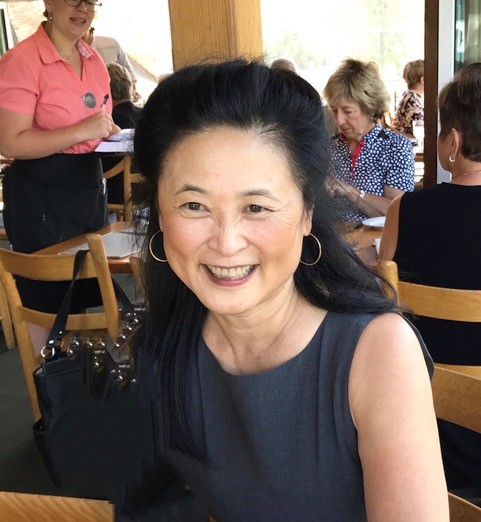
Can you tell us about a teacher who shaped your undergraduate or graduate education?
I went to graduate school in the University of California, a great public university system, and I was fortunate to teach at the UC San Diego campus for several decades when the public system was most robust. The promise of public universities – that affordable higher education is a "public good” to which everyone deserves access – is perhaps one of the most important lessons I received in my education, and I carry that commitment and conviction with me, even into other contexts. I was in an interdisciplinary graduate program and had several influential teachers engaged in the critical study of how modern academic disciplines produce knowledge: James Clifford examined the history of anthropology in relation to the context of European colonialism; Donna Haraway considered the production of gender and sexuality in the history of science; and Hayden White emphasized “the content of the form” and the significance of narrative in European intellectual history.
What book or article has recently been on your mind?
History, to paraphrase Dipesh Chakrabarty, is a timeline backed by superior firepower, and historical narratives can advance the interests of some while vanquishing the existence of others. My research and teaching have always been concerned to distinguish the official version of history that celebrates the national status quo from the many other possible pasts that that version may obscure. For example, I've been rereading for my fall seminar, W.E.B. Du Bois's unparalleled work, Black Reconstruction, which precisely narrates how the white alliance of northern industrialists and southern oligarchy, during Reconstruction, managed to thwart Black freedom and suppress an emergent cross-racial worker solidarity that could have demanded more structural change. Du Bois’s history constitutes a powerful challenge to the triumphalist national history that would maintain that the Thirteenth and Fourteenth Amendments were enough to grant the formerly enslaved full emancipation. I’ve also been reading Nick Estes’s Our History Is the Future, a riveting account of the Water Protectors at Standing Rock that connects their struggles to the centuries-long history of Oceti Sakowin (The Great Sioux Nation) resistance against the trespass of settlers, dams, and pipelines. Estes explains that contemporary Indigenous struggles draw upon an understanding of historical time that differs from that of historical accounts that focus on the U.S. nation’s development and progress. The Indigenous relation to “water-as- life” is not an anachronism from the past, but remains vital in the present. Estes suggests an idea of historical time that is not linear and sequential, but which projects backward and forward simultaneously. Estes's title, “Our History is the Future,” asserts that there isn't a strict separation between past and present, that the past is not over and done but resides within the present, and that the forging of an alternative future, a more just future, depends upon how we hold and regard the historical past.
What are you working on now?
In much of my own work, I’ve puzzled over the durability of colonial relations, and the varieties of ways that colonial forms are maintained or contested. One of the ways I’m currently approaching this is to examine how colonialism is socially reproduced, to study how people were and are persuaded to do the work of reproducing relations of domination, subordination, seizure, and exclusion. Colonial states and empires depend upon brute militarism and economic plunder, but they also utilize culture, schooling, media, etc. to inculcate notions of superiority and inferiority, and to attribute value through markers of social difference such as race, gender, sexuality, religion, or citizenship, in order to reproduce relations of rule. I’m concerned with the ways that the histories of colonialism and slavery depend upon this “social reproductive” labor, that is, the work that is central to the durability of colonial relations, and likewise, to its contestation.
Can you tell us about one of your best teaching experiences?
Over the years, I’ve had the opportunity to teach and think with the most amazing students, many of whom have gone on to become professors and teachers themselves. The classroom experiences I cherish most are the ones in which all participants learn from one another, when we undo the conventions of individual mastery, propriety, and possession as the exclusive relations to knowledge. When we can bring generosity and think together, we are transformed.
